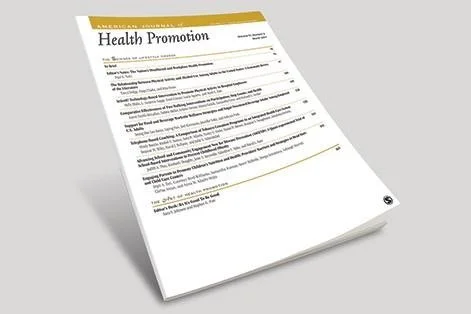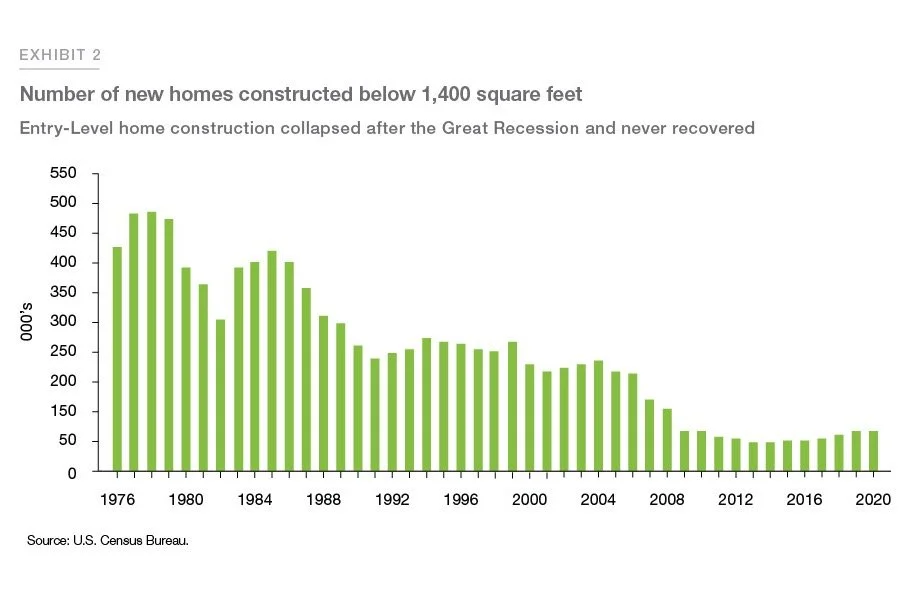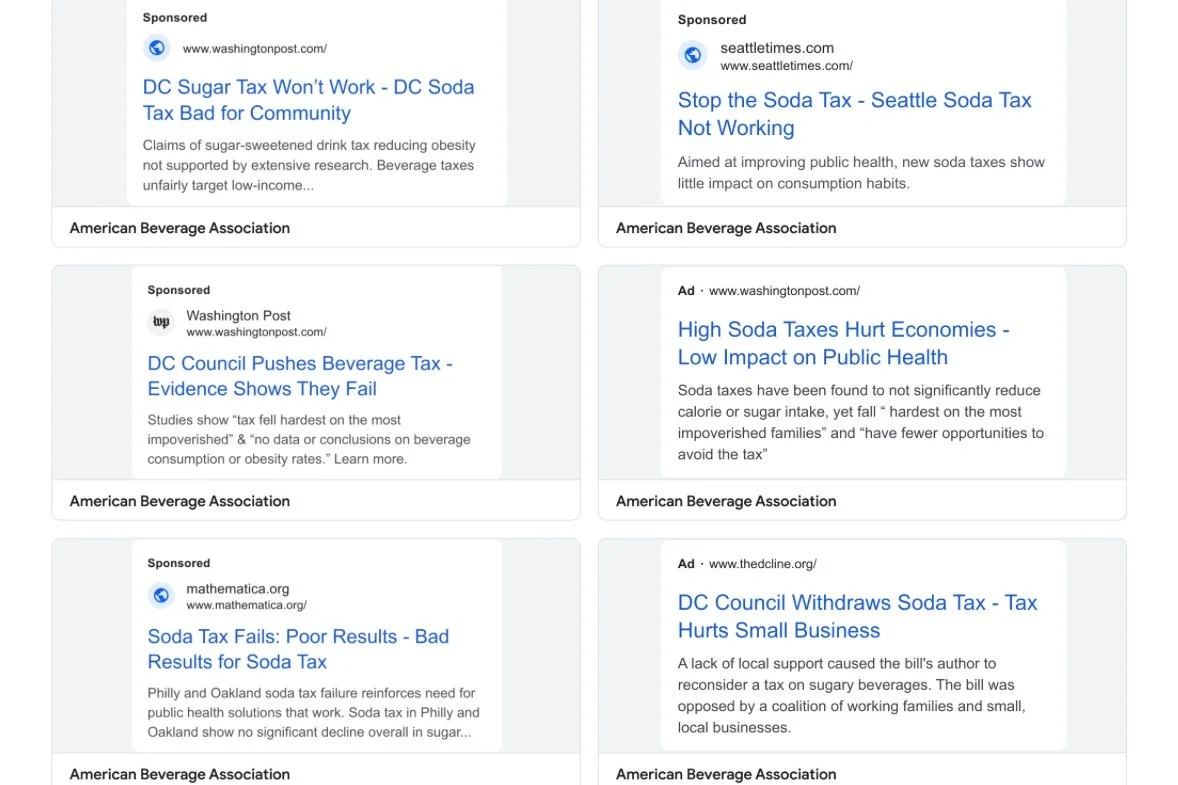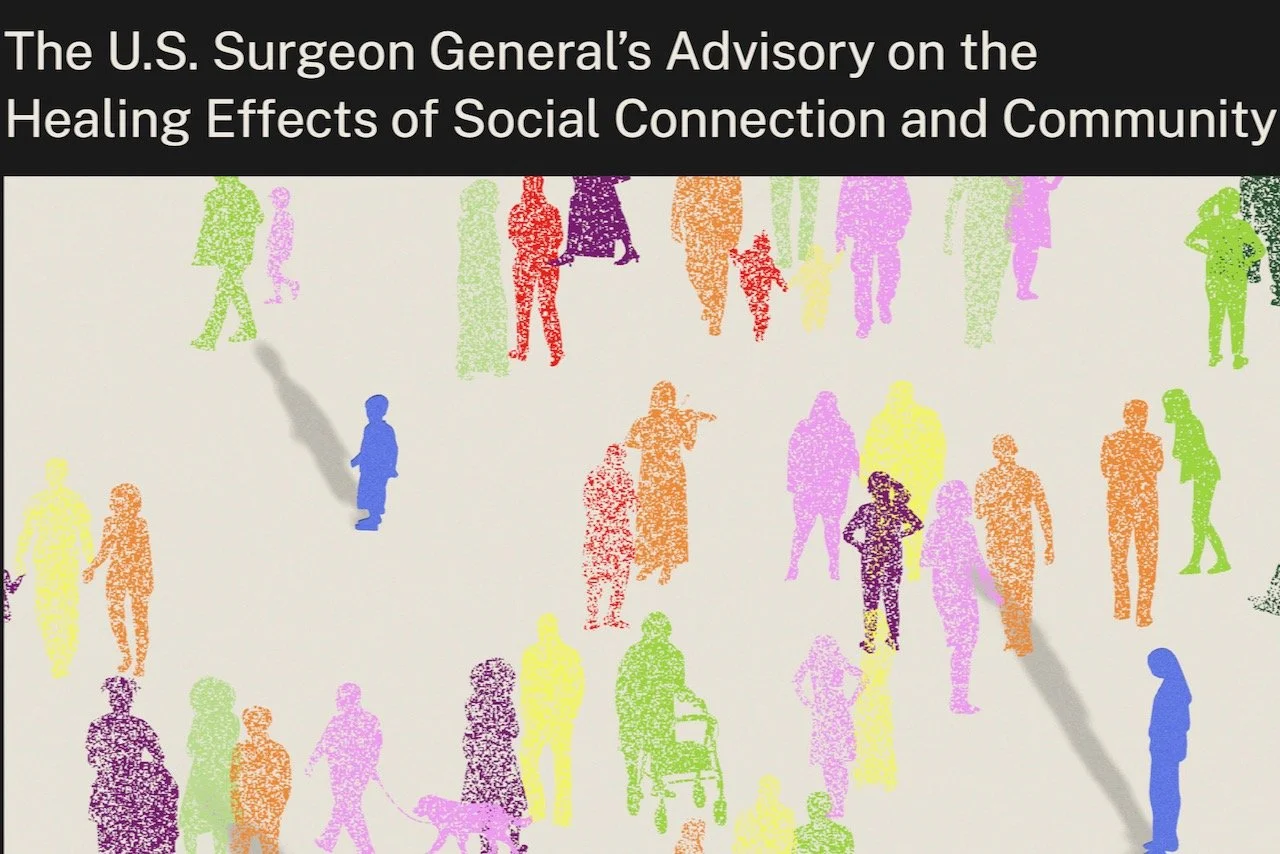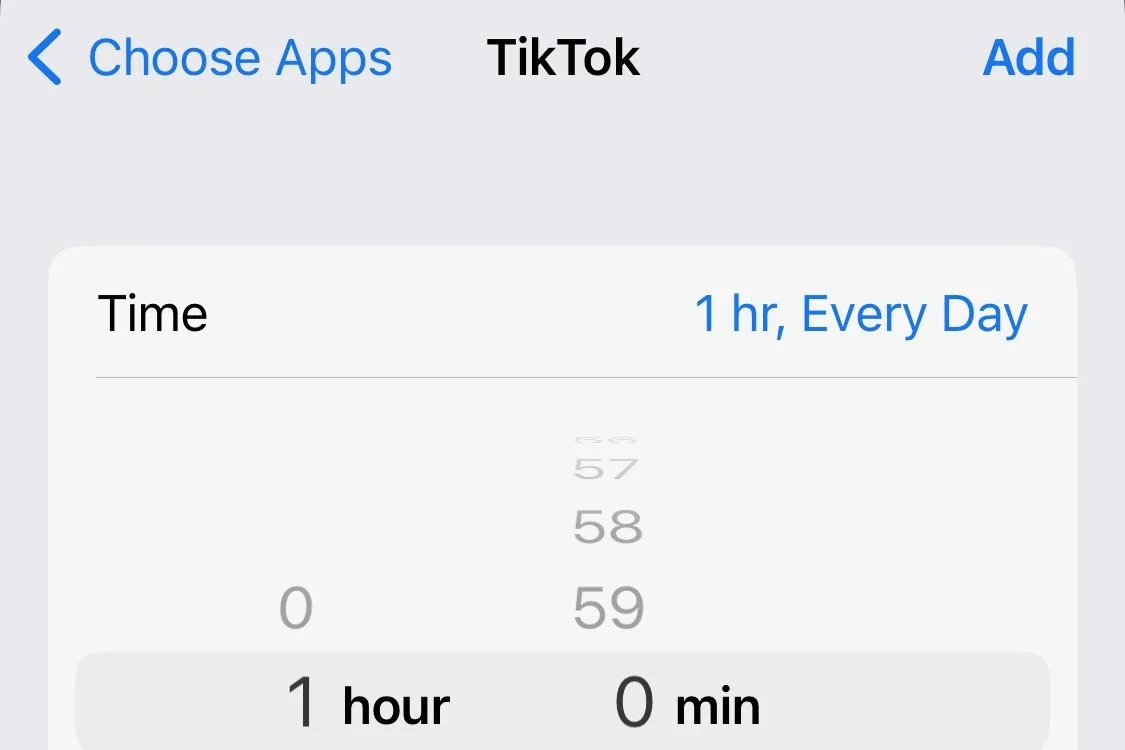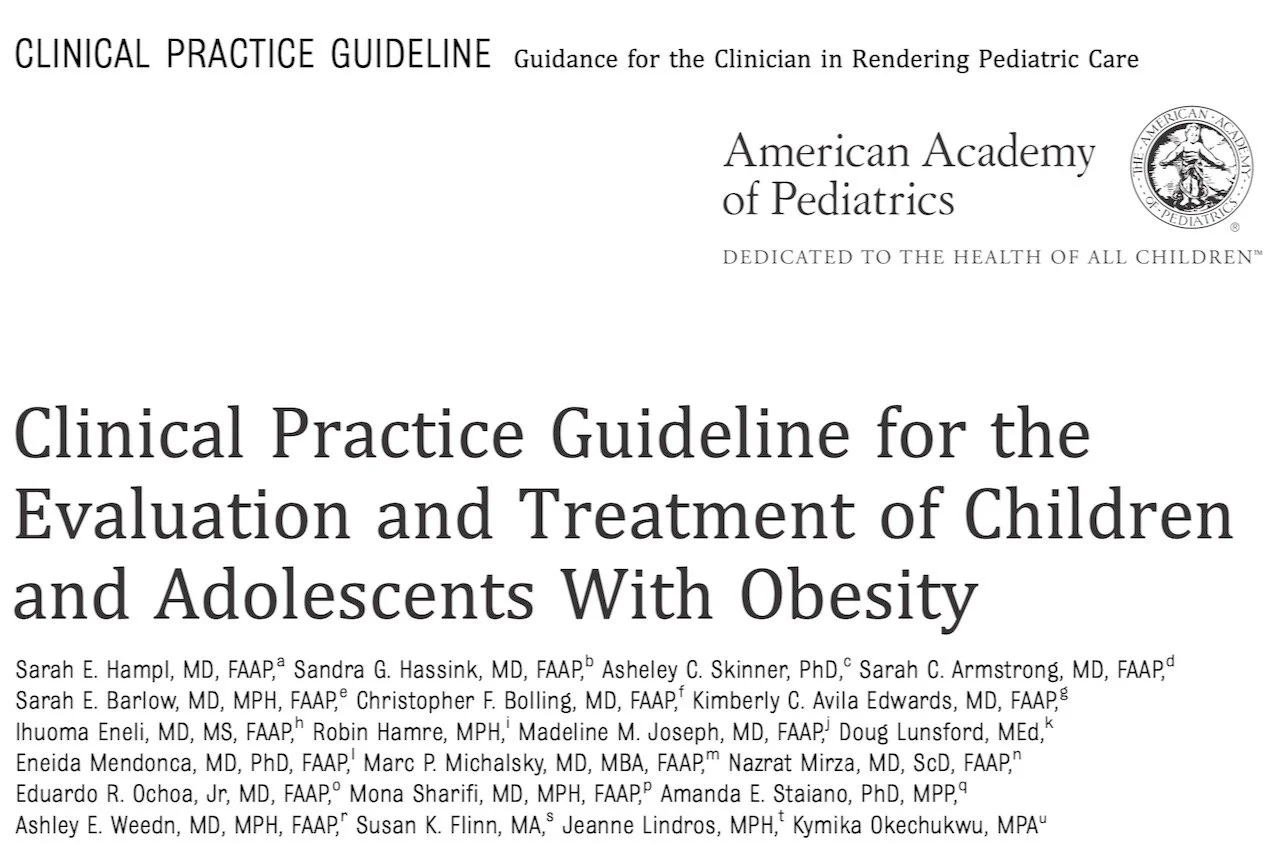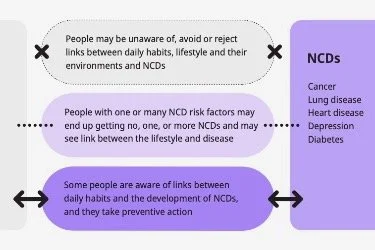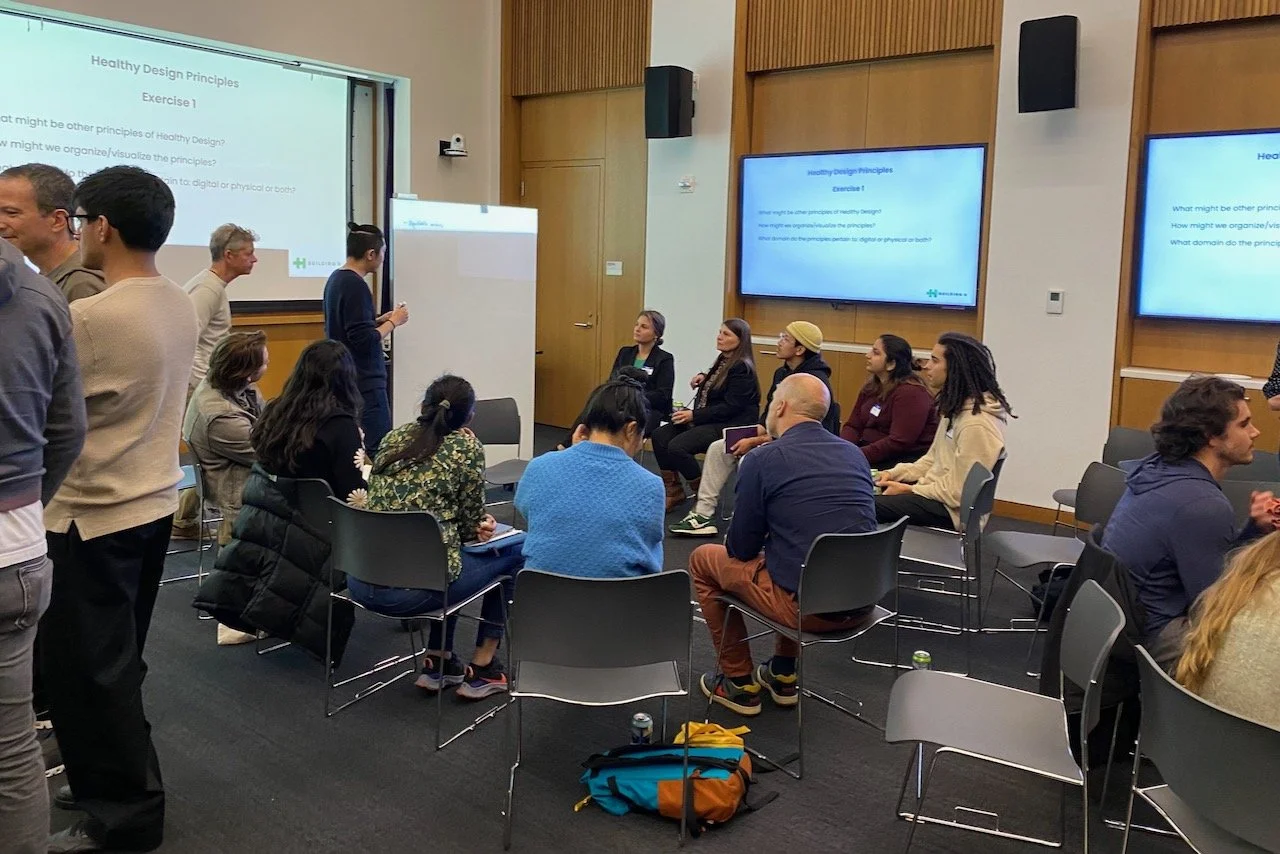Two weeks back, the New York Times had a stunning scoop: a bunch of Silicon Valley billionaires had bought 50,000 acres midway between San Francisco and Sacramento with the ambition of turning farmland and scrub into a dynamic new city of 100,000 or more.
Read MoreSteve and our longtime collaborator (and member of our advisory group) Sara Singer have a new paper out in the American Journal of Health Promotion. In “The ‘Product Environment’ is an Important Driver of Health. It’s Time to Measure It,” Sara and Steve introduce the term “product environment” into the academic literature, defining it as the “the constellation of products and services with which people regularly interact.”
Read MoreTo live in urban America in 2023 is to bear witness, every day, to our collective failure to build enough houses for people to live in. Today’s housing shortage is a crisis 50 years in the making - a history that we won’t get into here - but it means that, nationwide, the US is behind by nearly 4 million houses, according to a 2021 Freddie Mac analysis.
Read MoreBack in April, our commentary focused on the Commercial Determinants of Health, a new way of understanding the roles that businesses in different industries play in influencing a population’s health. The commentary was triggered by a series of papers from The Lancet that lay out the conceptual frameworks for the idea. More recently, we were struck by a new commentary in JAMA that looks at the US health care industry through the lens of commercial determinants.
Read MoreWe came across an interesting profile of renowned systems biologist Lee Hood in (perhaps aptly) Popular Mechanics. Hood – bless him – is trying to shift health care further upstream, to be proactive and preventive, rather than reactive and oriented around treatment. He believes that we will get there through measurement, data, screening, risk assessment and very intentional efforts to forestall and the diseases for which we are most at risk.
Read MoreOne of our core aims at Building H is to see more and more commercial products that make it easier for people to live healthy lives — to eat well, move physically, sleep longer and better, engage socially and spend time outdoors and in nature. We look closely at how new technologies tend to shape these behaviors (see our last edition, for example) and raise concerns when the tech and product trends push in the opposite direction… So we were excited to see a number of recent stories that point to commercial efforts aimed at facilitating these healthy behaviors.
Read MoreWe are delighted to announce that we have received our first grant! Funding from Einhorn Collaborative will support our work on the next iteration of the Building H Index, specifically to refine our approach to measuring how products and services influence the social engagement of their users and by doing so, either build greater social connection or create risks for increased social isolation and loneliness.
Read MoreIt is a core belief of ours at Building H that major new technologies, over time, shape social norms and rewire our day-to-day behaviors, with often dramatic consequences to our health. So it’s no surprise that we followed with interest Apple’s unveiling this week of the Vision Pro, its new device/computing platform. How important is this?
Read MoreThe American Beverage Association - a lobby group supported by soft-drink manufacturers including Coca-Cola, Pepsico, Monster, and most every other non-alcoholic beverage company you can think of - does not like soda taxes.
And if you happen to be googling to see if soda taxes work, they’re happy to suggest that they do not, with advertisements pushing links to stories that purport to prove that soda taxes don’t work.
Read MoreSurgeon General Vivek Murthy has elevated the issue of social connection to a top public health priority. Research in recent years has demonstrated the strong role that social connection plays as a protective factor against many diseases, while, at the same time, surveys of Americans show an increasing trend of loneliness.
Read MoreLast weekend, in three separate incidents in New York City, three people, walking across the street, were struck and killed by cars. They are the latest victims in a horrific national trend of increasing road violence, dating back more than a decade.
Read MoreLast September, the Food and Drug Administration, eying those high-sugar, low-fat snacks and cereals labeled “healthy” in big green type, proposed a new standard for using the word. Too much sugar or salt, and manufacturers would have to remove the word “healthy” from their labels, or reformulate their products to meet the new standards.
Read MoreUnder pressure as Congress debates various interventions, TikTok recently announced that it will limit teens to 60 minutes of use per day. As reported in The Verge, the limit can be overcome by entering a passcode (children under 13 will need a parental code), but, at a minimum, the requirement will add some friction to the user experience and, in theory, prompt some reflection about the urge to continue.
Read MoreWe start this edition with some news about Building H. First, we are delighted to announce that we are being joined by a fantastic team of advisors, who will be supporting us with strategic advice as we grow our network, develop a set of key projects like the Building H Index, and take steps to become a sustainable organization. Our advisors are…
Read MoreThe well-known venture capitalist (and inventor of the browser) Marc Andreessen recently sounded the alarm about the social implications of the rise of remote work. While more and more people have gradually returned to their offices, the numbers are roughly half of what they were before the pandemic.
Read MoreThe American Academy of Pediatrics issued new guidelines last month for the treatment of children with obesity. The guidelines are aggressive and represent a significant escalation from previous recommendations.
Read MoreBack in the early days of the pandemic, Brittany Sigler connected with us on Twitter and became a key contributor to our first Building H Index report. She then took the question that motivates us – what would it take to make companies offer healthier products – and pursued it as the basis of her doctoral dissertation, with our longtime collaborator Sara Singer as one of her advisors.
Read MoreBack in May we covered the buzz about a new class of weight loss drugs that were showing great promise in clinical trials. Fast forward seven months and there’s a new buzz: demand for the diabetes drug Ozempic and the weight loss drug Wegovy (which is based on a higher dose of semaglutide, the active ingredient in Ozempic) is through the roof – leading to shortages.
Read MorePerhaps the central challenge of public health, and in turn of this Building H project, is to improve the public understanding of how everyday behaviors - our habits, routines, customs, beliefs - manifest into unintended outcomes, those so-called diseases of civilization: obesity, cancer, lung disease, heart disease, depression, diabetes and so on.
Read MoreTwo articles in this edition speak to the complex interplay among our environments, our lifestyles, our bodies, our minds, and our underlying biology. The Economist takes a hard look at antidepressants, raising a number of concerns about their widespread use, the hit-or-miss nature of their effectiveness, the increasing skepticism about the underlying science, the difficulty of weaning off of them, and the increasing hazards they pose for older users.
Read More

